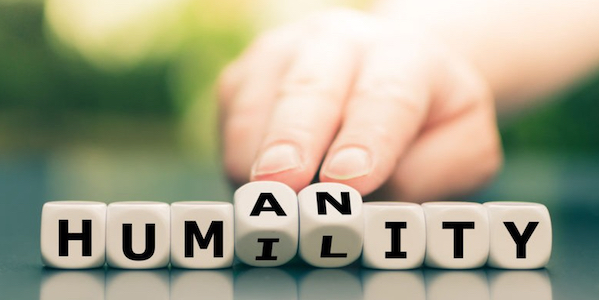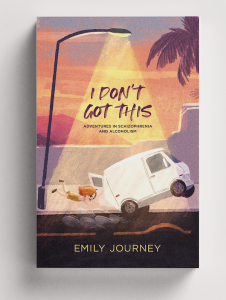 Yes, mental illness is an invisible disability. An invisible disability is any physical, mental, or emotional impairment that generally goes unrecognized or unnoticed by others. They’re not always obvious to the onlooker. Some examples include thinking impairment and brain injury; the autism spectrum; most if not all mental illnesses, chronic illnesses like multiple sclerosis, chronic fatigue, chronic pain, and fibromyalgia, deaf or hard of hearing, blindness or low vision, addictions, and many more. The Invisible Disability Project adds to their definition, “the body as always changing, so disability and chronic illness may be unstable or periodic throughout one’s life.”
Yes, mental illness is an invisible disability. An invisible disability is any physical, mental, or emotional impairment that generally goes unrecognized or unnoticed by others. They’re not always obvious to the onlooker. Some examples include thinking impairment and brain injury; the autism spectrum; most if not all mental illnesses, chronic illnesses like multiple sclerosis, chronic fatigue, chronic pain, and fibromyalgia, deaf or hard of hearing, blindness or low vision, addictions, and many more. The Invisible Disability Project adds to their definition, “the body as always changing, so disability and chronic illness may be unstable or periodic throughout one’s life.”
A disability is not defined by whether or not the disabled person is eligible for disability insurance coverage. Also, not all disabilities fit neatly within the box defined by Social Security Disability Insurance (SSDI) and Supplemental Security Income (SSI) programs.
People with invisible disabilities often do not disclose their conditions out of fear. Work and school are high stakes environments for people with invisible disabilities. A person with an undisclosed disability might wonder, “Will I lose my job or a promotion?” or “Will I be bullied or unpopular at school?”
How to not be a jerk
I have known myself to be judge-y and impatient with people. In my own head at least if not out loud. I’ve recently asked myself: how can I avoid accidentally being a jerk to people with invisible disabilities when they haven’t disclosed them to me? Then I was reminded of a recent experience with an invisible disability and a lesson in humility.
Humility, admitting wrong, and grace
Remember how things were at the grocery stores early on in the pandemic? The U.S. Surgeon General was lying to us about the effectiveness of face masks–telling us NOT to wear them. Remember that? People were scared. I was scared. I didn’t like the person I became when I walked into the grocery store. I looked at everyone with suspicion.

Here’s how far it went for me…
During the height of pandemic fear and confusion (April 2020) I was getting groceries for my mom. I wanted to bag my mom’s groceries myself. No big deal. I figured the fewer hands on her groceries the better.
I told the bagger not to bag my groceries.
He didn’t listen.
Even after I repeated myself and raised my voice, he didn’t listen.
I stretched my arms out over the bagging area–grabbing my groceries in an effort to keep them away from him.
He still didn’t listen.
I shouted at him,
“STOP! Stop bagging my groceries!”
Heads turned.
At this point, the cashier intervened.
He gently put both of his hands on the bagger’s arms, looked him in the eyes, and told him to stop. The cashier then looked at me and said,
“He’s deaf. And, you’re rude.”
My jaw dropped behind my mask. I felt ashamed and angry at the same time. I felt publicly humiliated by the cashier and I wanted to justify my behavior.
After all, I didn’t know he was deaf!
As I walked through the parking lot to my car, I thought to myself, “I can’t believe I just let this coronavirus shit show get to me. Is this how I’m gonna be? On edge and freaking out?”
Well, yes. Sometimes.
I’m not exempt from the effects of fear and anxiety. This is how I act when I’m afraid. I go on the defensive.
I didn’t know.
I was afraid.
I was wrong.
I learned humility for the millionth time in my life in that checkout line.
I want to remember that I can be wrong.
I’ve learned that people are generous with their forgiveness when I show even just an ounce of humility.
When I admit to my faults, the grace of other people comes through. They forgive me. Then, I can eventually forgive myself.
